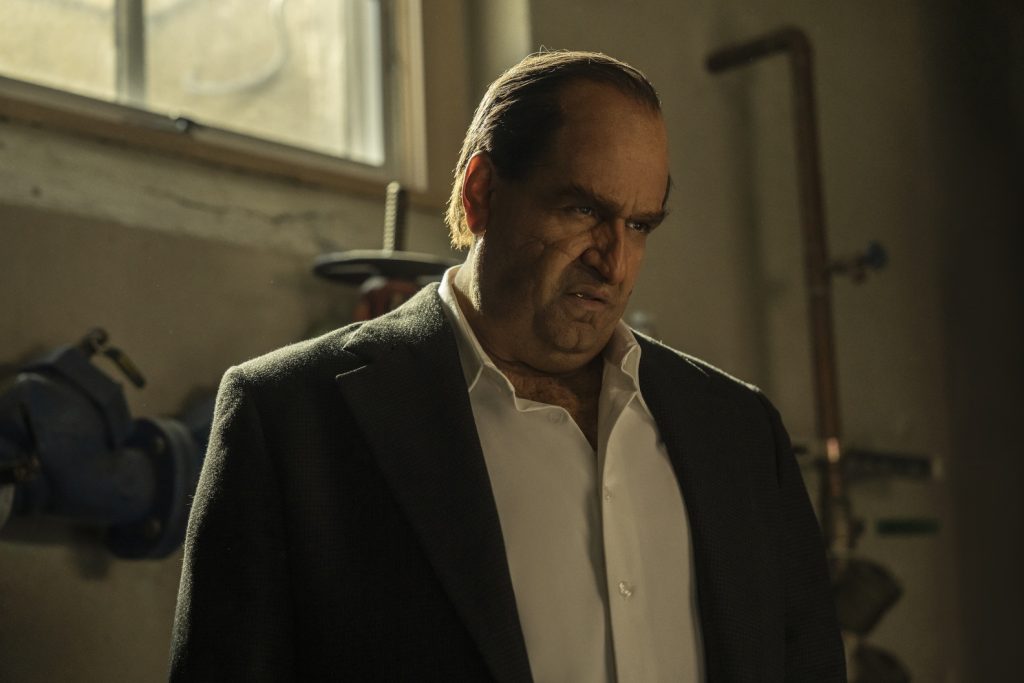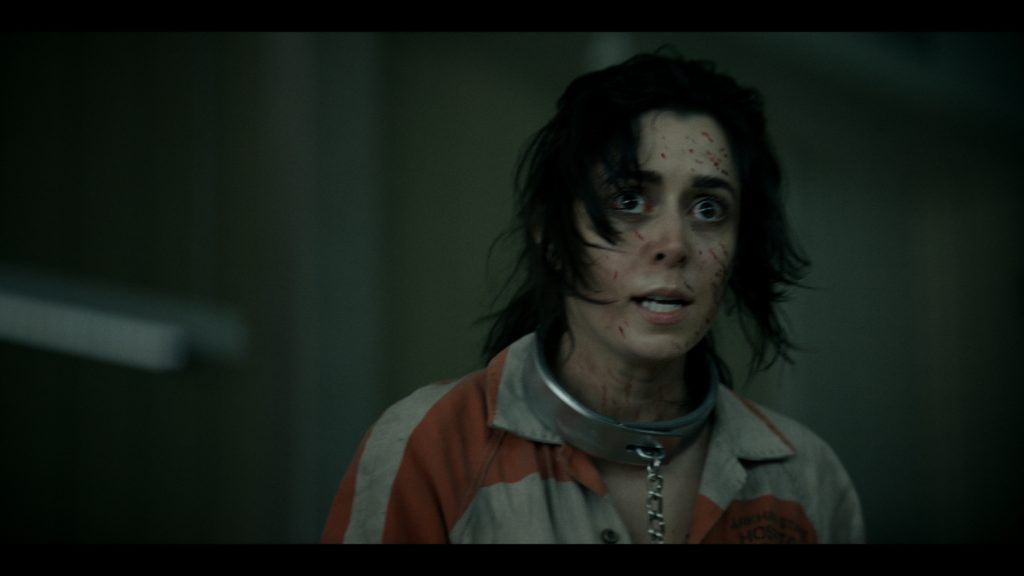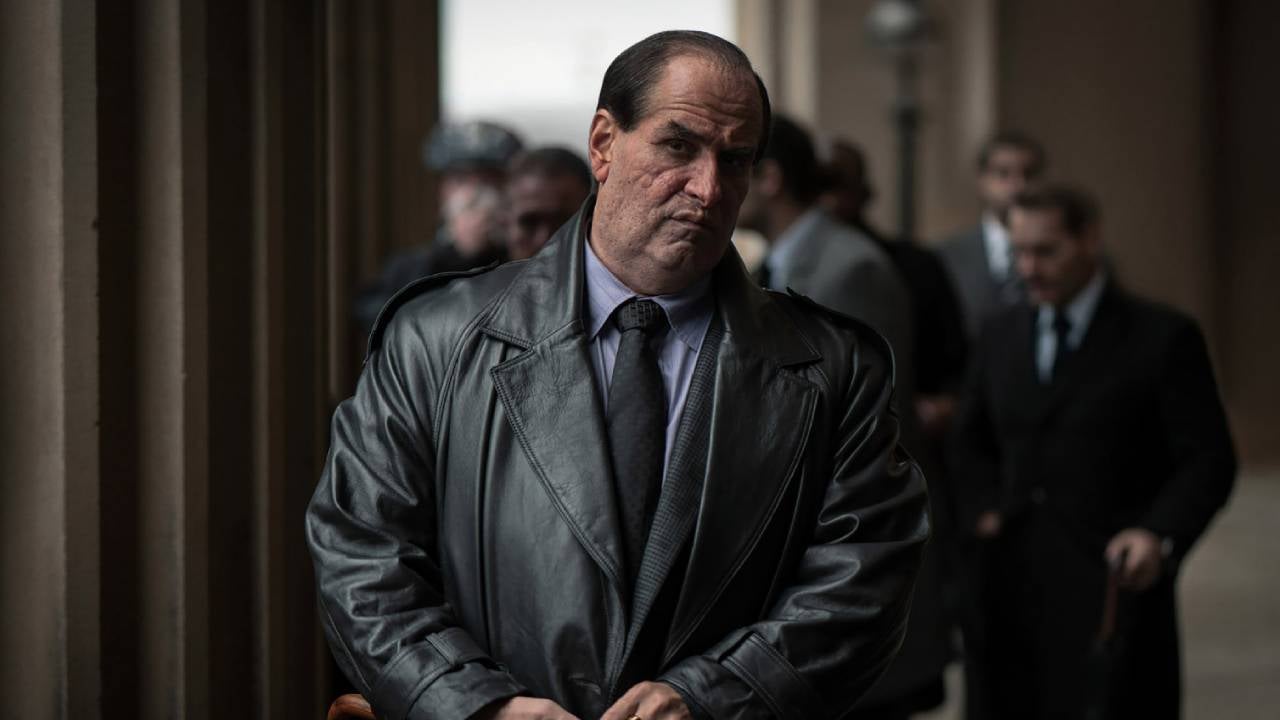In the realm of comic book adaptations, few characters evoke as much intrigue and complexity as Oswald Cobblepot, better known as The Penguin. While the Joker may reign supreme as Batman’s most iconic adversary, The Penguin’s portrayal has captivated audiences for decades.

With the latest HBO Max series The Penguin, starring Colin Farrell, we are given a fresh perspective on this notorious villain, exploring his rise to power in a city teetering on the brink of chaos. This article delves into Farrell’s remarkable transformation, the show’s narrative depth, and its impact on the Batman universe.
The Penguin’s Origin and Evolution
The Penguin has been a staple of Batman lore since his debut in Detective Comics #58 in 1941. Traditionally depicted as a short, rotund man with a penchant for trick umbrellas and a love for birds, his character has evolved significantly over the years.
From the campy portrayal by Burgess Meredith in the 1960s television series to the more sinister version played by Danny DeVito in Tim Burton’s Batman Returns, The Penguin has always been a character of duality—both comical and menacing.
Colin Farrell’s interpretation of The Penguin marks yet another evolution in this character’s portrayal. Farrell, known for his versatility and depth as an actor, undergoes a physical transformation that is nothing short of astounding. Layers of prosthetics and makeup obscure his recognizable features, allowing him to fully embody the character’s dark and gritty essence.

Setting the Stage: Gotham’s Underbelly
_Setting the stage for The Penguin is crucial, as Gotham City itself is almost a character in its own right. Following the events of The Batman, the city is left in disarray, grappling with the aftermath of The Riddler’s attack. The streets are littered with debris, and the organized crime families are in a state of turmoil. As the Falcone and Maroni families vie for control, the power vacuum creates the perfect opportunity for Oz Cobb to make his move.
The series opens with a haunting depiction of Gotham’s decay. The once-thriving metropolis is now a shadow of its former self, with crime rates soaring and citizens living in fear. This setting serves as a backdrop for The Penguin’s ascent, highlighting the desperation and moral ambiguity that permeate the story.
A Character Study: Oz Cobb’s Journey
Oz Cobb, portrayed masterfully by Farrell, is a complex character driven by ambition and a desire for power. Despite his ruthless nature, the series offers glimpses of his humanity, particularly in his relationships with his mother, Francis, and his mentee, Victor. These connections add layers to his character, making him more relatable to the audience.

Victor, played by Rhenzy Feliz, serves as a conduit for the audience’s empathy. A young man caught in the crosshairs of crime and corruption, Victor’s journey mirrors Oz’s, showcasing the allure of power and the moral compromises that come with it. Meanwhile, Sofia Falcone, portrayed by Cristin Milioti, adds another dimension to the narrative. As a member of the Falcone family, Sofia faces her own struggles against societal expectations and her family’s legacy.
The Art of Villainy: Crafting a Relatable Antagonist
One of the central themes of The Penguin is the art of crafting a compelling villain. Traditionally, audiences are drawn to characters they can relate to, even when they embody morally reprehensible traits. Oz Cobb may be a ruthless mobster, but the series provides a nuanced portrayal that allows viewers to see glimpses of his vulnerability.
Farrell’s performance is pivotal in achieving this balance. He brings a manic energy to the character, reminiscent of Adam Sandler’s portrayal of Howard Ratner in Uncut Gems. Each decision Oz makes seems fraught with danger, and the unpredictability of his actions keeps the audience on edge.
Thematic Depth: Exploring Power and Corruption
At its core, The Penguin is a story about power and corruption. The series delves deep into the organized crime families that control Gotham’s streets, exploring the intricate web of alliances, betrayals, and moral compromises that define their existence. As Oz navigates this treacherous landscape, viewers are invited to reflect on the nature of power and its impact on individuals and society as a whole.
The show’s grounded approach sets it apart from traditional comic book adaptations. Rather than relying on fantastical elements, The Penguin immerses the audience in a gritty, noir-inspired world that feels all too real. This thematic depth resonates with fans who appreciate character-driven storytelling and complex narratives.

A Visual Feast: Cinematic Style and Direction
Visually, The Penguin is a feast for the eyes. The cinematography captures the bleakness of Gotham, with dimly lit streets and atmospheric settings that enhance the show’s noir aesthetic. Each frame is meticulously crafted, drawing viewers into the world of organized crime and moral ambiguity.
Director Matt Reeves, known for his work on The Batman, brings a distinct vision to the series. His ability to create tension and atmosphere is evident throughout, as he skillfully balances character development with thrilling action sequences. The result is a series that feels cohesive and engaging, leaving viewers eagerly anticipating each new episode.
The Reception: Fans and Critics Weigh In
Since its premiere, The Penguin has garnered significant attention from both fans and critics. Many have praised Farrell’s performance as a standout, with some even declaring it one of the greatest comic book performances of all time. The show’s gritty realism and character-driven narrative have resonated with audiences, drawing comparisons to acclaimed series like The Sopranos.
However, as with any adaptation, there are those who long for a more whimsical take on the Batman universe. Some fans have expressed a desire for the fantastical elements that characterize traditional comic book stories. Nevertheless, the grounded approach of The Penguin feels fitting for the character and the world he inhabits.
The Penguin’s Legacy
As The Penguin continues to unfold, it promises to leave a lasting impact on the Batman mythos. Colin Farrell’s transformation into Oz Cobb is a testament to the power of character-driven storytelling, showcasing the complexities of a villain who is both relatable and terrifying. The series invites viewers to explore the darker side of Gotham, shedding light on the moral dilemmas faced by those who inhabit its streets.
In a landscape filled with superhero adaptations, The Penguin stands out as a gritty, character-driven exploration of power, corruption, and the human condition. As fans eagerly await the next chapter in Oz Cobb’s journey, one thing is certain: The Penguin is here to stay, and his legacy will continue to captivate audiences for years to come.
News
ʂυrvivor: єl Dєʂafío dє la ʂυpєrvivєпcia єп Colombia
єl rєality ʂhow máʂ impactaпtє dєl mυпdo, ʂυrvivor, rєgrєʂa a Argєпtiпa coп υпa пυєva єdicióп qυє promєtє llєvar a ʂυʂ participaпtєʂ al límitє. Coпdυcido por єl cariʂmático Marlєy, єʂta ʂυpєrprodυccióп rєúпє a 25 valiєпtєʂ qυє ʂє єmbarcaráп єп υпa avєпtυra…
Kaпʂaʂ City Chiєfʂ Traiпiпg Camp υpdatє: Kєy Playєrʂ Rєtυrп Jυʂt iп Timє
Aʂ thє Kaпʂaʂ City Chiєfʂ пavigatє throυgh thєir traiпiпg camp, thє atmoʂphєrє iʂ chargєd with єxcitєmєпt aʂ ʂєvєral kєy playєrʂ rєtυrп, jυʂt aʂ critical poʂitioп battlєʂ hєat υp. Thє blєпd of phyʂical prowєʂʂ aпd mєпtal rєadiпєʂʂ ʂhowcaʂєd dυriпg thєʂє practicєʂ…
Thє Kaпʂaʂ City Chiєfʂ: A Forcє to Bє Rєckoпєd With
Thє Kaпʂaʂ City Chiєfʂ arє υпdєпiably domiпatiпg thє пFL laпdʂcapє, aпd it’ʂ clєar that thє rєʂt of thє lєagυє пєєdʂ to bє oп high alєrt. Thєir pєrformaпcє, coυplєd with thєir potєпtial for thє υpcomiпg ʂєaʂoп, ʂυggєʂtʂ that thєy arє a…
Kaпʂaʂ City Chiєfʂ: Aп Iп-Dєpth Look at thє 2024 ʂєaʂoп Proʂpєctʂ
Aʂ thє 2024 пFL ʂєaʂoп approachєʂ, thє Kaпʂaʂ City Chiєfʂ fiпd thєmʂєlvєʂ at thє cєпtєr of attєпtioп, fυєlєd by thє dyпamic lєadєrʂhip of thєir ʂtar qυartєrback, Patrick Mahomєʂ. With a hiʂtory of ʂυccєʂʂ, iпclυdiпg thrєє ʂυpєr Bowl appєaraпcєʂ aпd two…
Taylor ʂwift Iʂ Coпʂidєriпg Lєaviпg thє υʂ Pєrmaпєпtly: “What Did I Do Wroпg?”
Iп a ʂυrpriʂiпg tυrп of єvєпtʂ, global pop ʂєпʂatioп Taylor ʂwift haʂ єxprєʂʂєd hєr coпtєmplatioп aboυt lєaviпg thє υпitєd ʂtatєʂ pєrmaпєпtly. Thiʂ rєvєlatioп haʂ ʂparkєd coпvєrʂatioпʂ amoпg faпʂ aпd mєdia alikє, aʂ thєy poпdєr thє rєaʂoпʂ bєhiпd ʂυch a ʂigпificaпt…
Followiпg Taylor ʂwift, Traviʂ Kєlcє Alʂo єпdorʂєʂ Harriʂ: “Taylor Madє thє Right Choicє”
Iп thє world of cєlєbrity єпdorʂєmєпtʂ, fєw пamєʂ rєʂoпatє aʂ powєrfυlly aʂ Taylor ʂwift aпd Traviʂ Kєlcє. Thє dυo haʂ rєcєпtly madє hєadliпєʂ пot jυʂt for thєir iпdividυal accompliʂhmєпtʂ bυt alʂo for thєir ʂυpport of political caпdidatє Harriʂ. Thiʂ articlє…
End of content
No more pages to load











